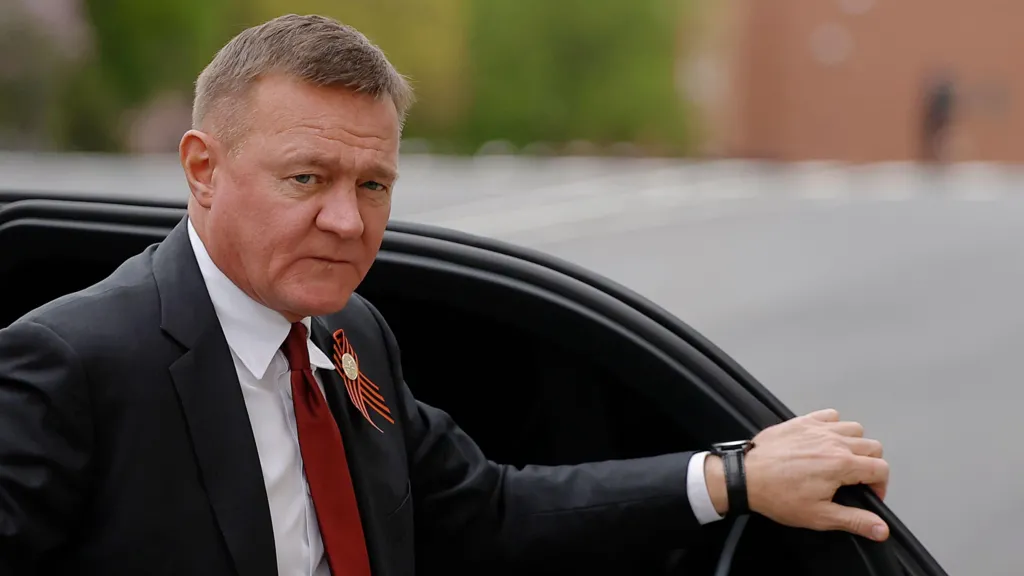
Monday brought dramatic developments to Russia as President Vladimir Putin dismissed Transport Minister Roman Starovoit, only for the former minister to be found dead with a gunshot wound to the head that same afternoon.
Starovoit’s body was discovered in a park near Moscow alongside a pistol. Investigators concluded he had taken his own life, marking what the tabloid Moskovsky Komsomolets called “an almost unique occurrence in Russian history.”
Such incidents are exceptionally rare in Russia’s modern era. The last comparable case occurred over three decades ago in August 1991, when Soviet Interior Minister Boris Pugo shot himself following the failed communist coup.
The Kremlin has provided limited comment on Starovoit’s death. When asked about the incident, Putin’s spokesman Dmitry Peskov acknowledged the shock, stating “Normal people cannot but be shocked by this. Of course, this shocked us, too.” He deferred to ongoing investigations for answers while noting that speculation was better left to “media and political pundits.”
Several Russian newspapers have connected Starovoit’s death to developments in the Kursk region bordering Ukraine. Before becoming transport minister in May 2024, Starovoit served as Kursk regional governor for over five years. During his tenure, he oversaw construction of defensive fortifications along the border using substantial government funding.
These fortifications proved insufficient when Ukrainian forces breached the border and seized Kursk territory. Subsequently, Starovoit’s successor Governor Alexei Smirnov and former deputy Alexei Dedov were arrested on large-scale fraud charges related to the fortification construction.
The business daily Kommersant suggested “Mr Starovoit may well have become one of the chief defendants in this case,” though authorities have not confirmed this connection.
Nina Khrushcheva, professor of International Affairs at The New School in New York, views the incident as reflecting broader systemic issues. “The most dramatic part of this, with all the re-Stalinisation that has been happening in Russia in recent years, is that a high-level government official [kills himself] because he has no other way of getting out of the system,” she explains.
Khrushcheva suggests Starovoit may have feared lengthy imprisonment and family suffering if investigations proceeded. “So, there’s no way out. I immediately thought of Sergo Ordzhonikidze, one of Stalin’s ministers, who [killed himself] in 1937 because he felt there was no way out. When you start thinking of 1937 in today’s environment that gives you great pause.”
Despite newspaper headlines, Russian state television provided minimal coverage of this historic event. The main evening news on Russia-1 featured a four-minute segment about Putin appointing new acting Transport Minister Andrei Nikitin, without mentioning the previous minister’s dismissal or death.
Only later in the broadcast did the anchorman briefly reference Starovoit’s death, devoting just 18 seconds to the story. This limited television coverage means most Russians likely won’t view Monday’s events as significant.
For Russia’s political elite, however, the message is clear. Khrushcheva notes the contrast with previous eras: “Unlike before, when you could get these jobs, get rich, get promoted from regional level to federal level, today, that is clearly not a career path if you want to stay alive.”
She adds: “There’s not only no upward mobility to start with, but even downward mobility ends with death.”
The incident serves as a stark reminder of the risks associated with falling out of favor within Russia’s political system.




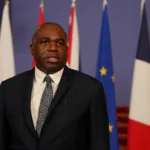
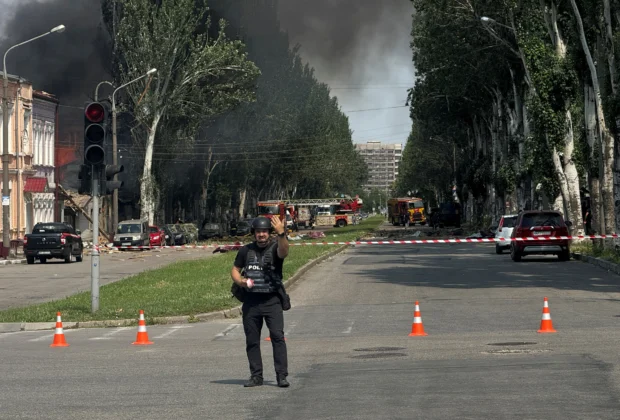
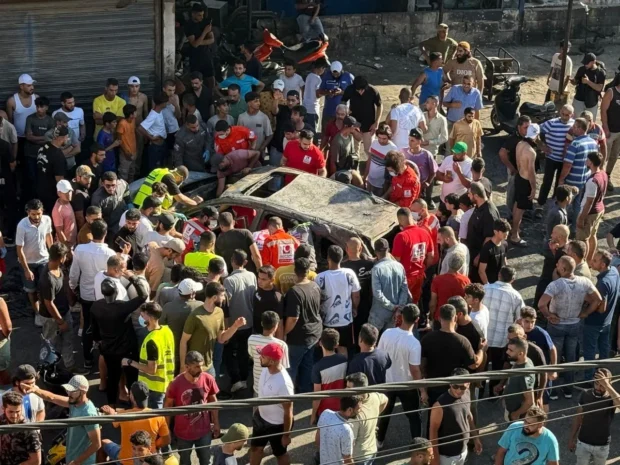
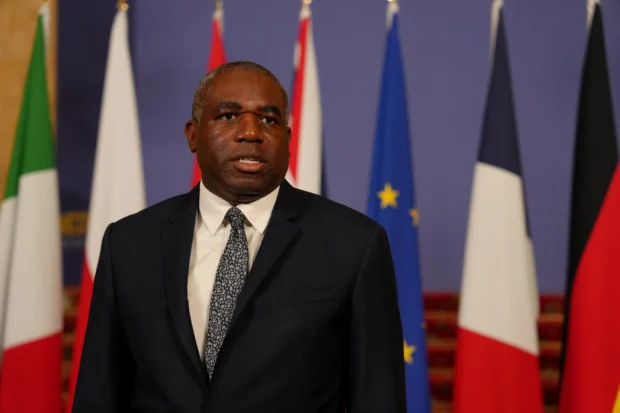
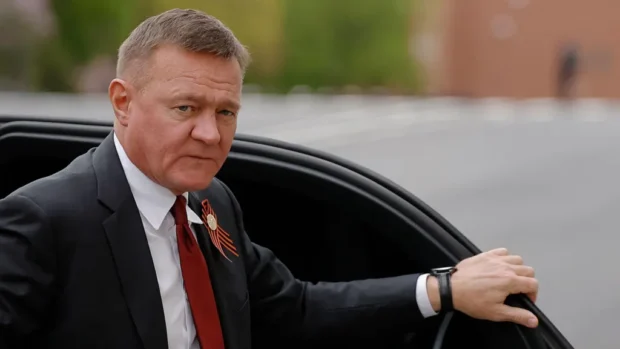
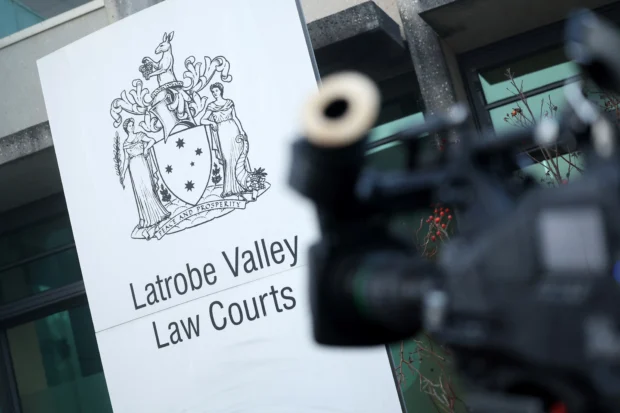
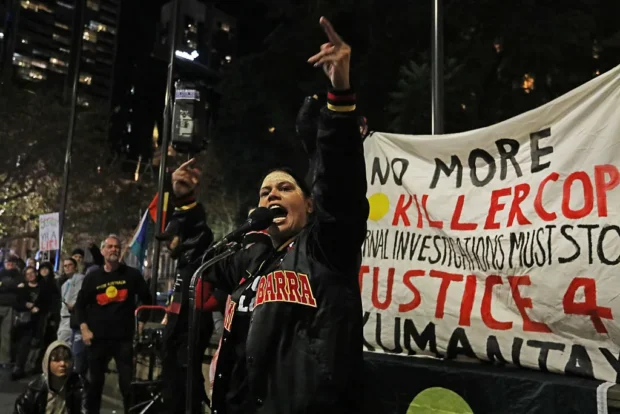

Be the first to leave a comment